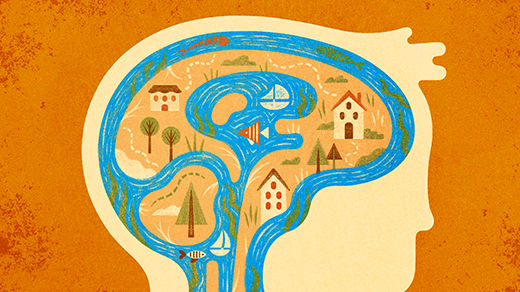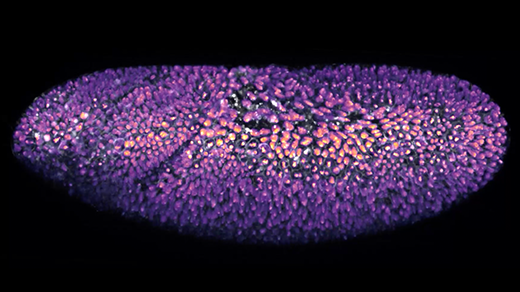What's up in
Metabolism
Latest Articles
How Much Energy Does It Take To Think?
Studies of neural metabolism reveal our brain’s effort to keep us alive and the evolutionary constraints that sculpted our most complex organ.
‘Turbocharged’ Mitochondria Power Birds’ Epic Migratory Journeys
Slight changes in the number, shape, efficiency and interconnectedness of organelles in the cells of flight muscles provide extra energy for birds’ continent-spanning feats.
How a Biofilm’s Strange Shape Emerges From Cellular Geometry
Micro decisions can have macro consequences. A soft matter physicist reveals how interactions within simple cellular collectives can lead to emergent physical traits.
The Mysterious Flow of Fluid in the Brain
A popular hypothesis for how the brain clears molecular waste, which may help explain why sleep feels refreshing, is a subject of debate.
How Metabolism Can Shape Cells’ Destinies
A growing body of work suggests that cell metabolism — the chemical reactions that provide energy and building materials — plays a vital, overlooked role in the first steps of life.
How Does Life Happen When There’s Barely Any Light?
Under the sea ice during the Arctic’s pitch-black polar night, cells power photosynthesis on the lowest light levels ever observed in nature.
The Quest for Simple Rules to Build a Microbial Community
Microbiologists are searching for a universal theory of how bacteria form communities based not on their species but on the roles they play.
What Makes Life Tick? Mitochondria May Keep Time for Cells
Every species develops at its own unique tempo, leaving scientists to wonder what governs their timing. A suite of new findings suggests that cells use basic metabolic processes as clocks.
With Nothing to Eat Except Viruses, Some Microbes Thrive
“Virovores” — organisms that survive and multiply by eating viruses — might influence the flow of energy through ecosystems.








